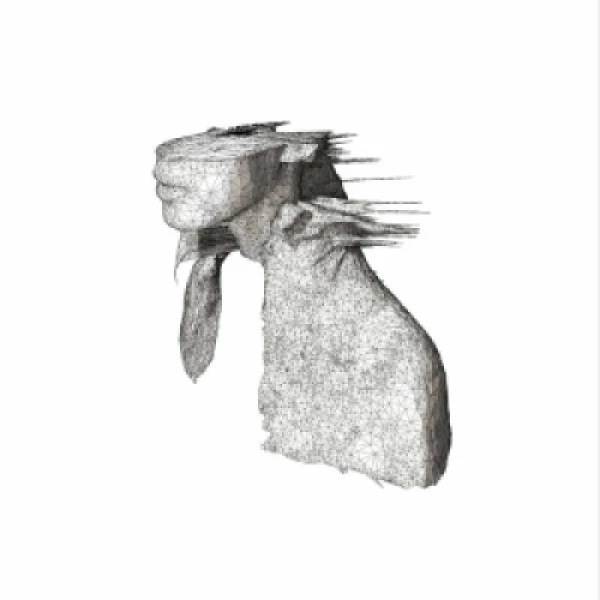
The Scientist
by Coldplay
In-depth Analysis of 'The Scientist' by LyricLens AI
'The Scientist' by Coldplay is a poignant ballad that delves deep into themes of regret, longing, and the profound human desire to rectify past mistakes in a relationship. Released in 2002, this track from 'A Rush of Blood to the Head' captures the essence of a soul yearning for a second chance, wishing to rewind time to a point before complications arose.
Central Themes Explored:
- Regret and Apology: The opening lines, "Come up to meet you, tell ya I'm sorry," immediately establish a tone of remorse. The speaker acknowledges their failings and the pain caused, seeking forgiveness and reconciliation.
- Yearning for a Reset: The repeated plea, "Oh, take me back to the start," encapsulates the core desire to simplify complex emotional entanglements, returning to the innocent beginnings of a relationship.
- The Conflict of Mind vs. Heart: The most striking metaphor in the song is the contrast between 'science' (logic, reason, trying to intellectualize love) and the undeniable power of the heart. "Questions of science, science and progress / Do not speak as loud as my heart" highlights the futility of overthinking emotions.
- The Difficulty of Love: Phrases like "Nobody said it was easy" and "No one ever said it would be this hard" serve as universal truths, acknowledging the inherent challenges and complexities of maintaining deep connections.
Emotions and Atmosphere:
The song is drenched in a melancholic and reflective atmosphere, conveying a sense of quiet desperation and vulnerability. The stripped-back piano arrangement amplifies the raw emotion, making the listener feel the weight of the speaker's regret and the depth of their yearning for reconnection. It's a journey through the pain of separation and the fragile hope of reconciliation.
Ultimately, 'The Scientist' resonates because it speaks to the universal experience of wishing for a simpler past when faced with the difficult realities of love lost or strained, prioritizing genuine feeling over intellectual dissection.
Q&A & Fun Facts about 'The Scientist' by Coldplay
What is 'The Scientist' by Coldplay about?
'The Scientist' is a powerful ballad about regret, apology, and the desire to go back to the beginning of a relationship to fix mistakes. It explores the idea that love and emotions cannot be understood or solved by logic or 'science', but require genuine feeling and a willingness to restart.
What is the meaning behind the line "Questions of science, science and progress / Do not speak as loud as my heart"?
This line highlights the central theme that emotional matters, particularly love and relationships, cannot be solved through logical or scientific methods. The speaker realizes that intellectualizing or overthinking their feelings is futile, and true understanding and resolution must come from the heart.
Why is the speaker always wanting to "go back to the start"?
The repeated phrase "go back to the start" signifies a deep yearning for a simpler time in the relationship, before complications and misunderstandings arose. It represents a wish to undo mistakes and rediscover the initial purity and ease of their connection.
Fun Facts:
- 'The Scientist' is from Coldplay's second studio album, 'A Rush of Blood to the Head', released in 2002.
- The iconic music video for 'The Scientist' features Chris Martin walking backward, lip-syncing the lyrics. It was filmed in reverse and then played forwards, creating a unique visual effect.
- Despite its melancholic tone, the song is one of Coldplay's most beloved and enduring tracks, often cited for its emotional depth and powerful lyrical imagery.

Comments
Join the Conversation
Create an account or log in to add your own interpretations and comment on community analyses.